From a French indie duo with impressive credentials comes Furi, a swift and stylish action game inspired by the likes of No More Heroes, Metal Gear Solid, and God Hand, with character designs by Takashi Okazaki of Afro Samurai fame and a heavy-hitting electro soundtrack.
Furi
Developer: The Game Bakers
Price: $24.99 (Free for PS+ users until August)
Platform: Playstation 4, PC
Coming from key positions at Quantic Dream and Ubisoft respectively, you’ll be surprised to learn just how deeply Furi’s devs care for Japanese game design philosophy, citing inspirations like Suda51 and Clover Studios for their latest project. The results, however, speak for themselves: Furi is lovingly crafted, with sights and sounds that leave a lasting impression and combat that makes you hungry for more.
The game opens with you imprisoned in a tower orbiting the Earth. You’re set free by a shifty-looking fellow in a giant bunny mask and urged to descend the layers of the tower, defeating your jailers and clearing the path to the surface.
And that’s it. No lengthy exposition, no flashbacks. You have your freedom, your mission, and your enemy—it’s time to fight. Furi keeps it simple, telling you only what you need to contextualize your actions, and lets the gameplay do the talking.
Gameplay is split into two parts: a series of boss battles with the many guardians of your cell, followed by a short hike to the next boss where your Wonderlandian partner-in-crime tells you why you’re here and who you’re up against. The walking portions are also used to show off the game’s environments, which are gorgeous.
Of course, we know where the real fun is: the boss fights. Furi’s combat is a unique blend of character action and twin-stick shooter mechanics, putting both to work in daring new ways. These styles comprise two alternating phases, long-range gunplay and intense melee combat.
Controls are tight, responsive, and easy to pick up, allowing you to fire, dodge, parry, and perform simple sword combos. Every button does something in both modes: your parry can deflect bullets, for instance, and in close-range your fire controls will apply a buff to your next sword slash. You can also charge your attacks and dodges to cover more distance, deal more damage, and even open up your opponent for a follow-up sequence.
Both you and your opponent have a number of health bars. Your opponent’s correspond to phases of the fight, while yours are essentially your lives; losing all three health bars means you must restart the battle from square one. Also, if either fighter loses a bar, the other one will get some health back. (You can also regain health from parrying attacks and from shooting green bullets.)
These mechanics leave room for mistakes as you learn a boss’s patterns, but eventually test your combat mastery in order to advance. It’s a great balance of risk and reward, challenge and fairness, that even the best games in the genre have a hard time pulling off. As a result, Furi maintains a satisfying pace without ever coddling the player.
Concerning the art design: cel shading is a beautiful style and this game is no exception. The characters come to life with vibrant color palettes and minimal textures, like watercolor paintings in motion. Each environment is a feast for the eyes. I only have a minor complaint with the animation—character models are oddly prone to clipping.
The soundtrack, too, is energetic and well-suited to the game’s frenetic pace, featuring the work of The Toxic Avenger, Waveshaper, and Carpenter Brut (whom you might recognize from the Hotline Miami 2 OST) among others. The pulse-pounding techno beats make me think of a shoot-out in a 40th-century discotheque. Weird, I know, but fitting.
With each enemy defeated, you learn more about your companion, the guardians, and yourself. You’ll start to think you were locked up for a reason, being allegedly guilty of some unspeakable crime and referred to several times as a “weapon.” Your attitude towards the people you fight doesn’t help matters.
Meanwhile, not all of your enemies are cruel sadists who delight in your suffering. Some appear quite kind and just, while others are downright afraid of you. Their character comes through in short cutscenes before and after fights, as well as a heaping helping of in-fight dialogue—though it can get repetitive after several game-overs.
Unfortunately, while the beginning and middle sections of the game are a fun ride, the ending stalls out in places. After a jaw-droppingly powerful credits sequence, you’re treated to a frankly weird last-minute twist. I’m still not sure what to make of it.
On top of that, the last couple of fights are hit-or-miss, falling too hard on the bullet hell mechanics and exposing the combat system’s short-comings. Some are too easy, others too frustrating, and ultimately they rely too much on dodging bullets compared to other, better-realized aspects.
If that sounds like a deal-breaker, don’t panic: the post-game content more than makes up for it. Your performance is scored based on fight time, hits taken, and game-overs; you can then improve your score against individual bosses in Practice mode, take them all back-to-back in Speedrun, or try out the new difficulty, Furier.
Furier is no slap-dash “Everybody 1-hits you and has three times the health” run, either. Enemy patterns become faster and deadlier, leaving themselves less open to retaliation and sometimes changing their mechanics to confuse your muscle memory. Just one of many instances where the care and craftsmanship that went into this game is all too apparent, and The Game Bakers deserve ample praise for it.
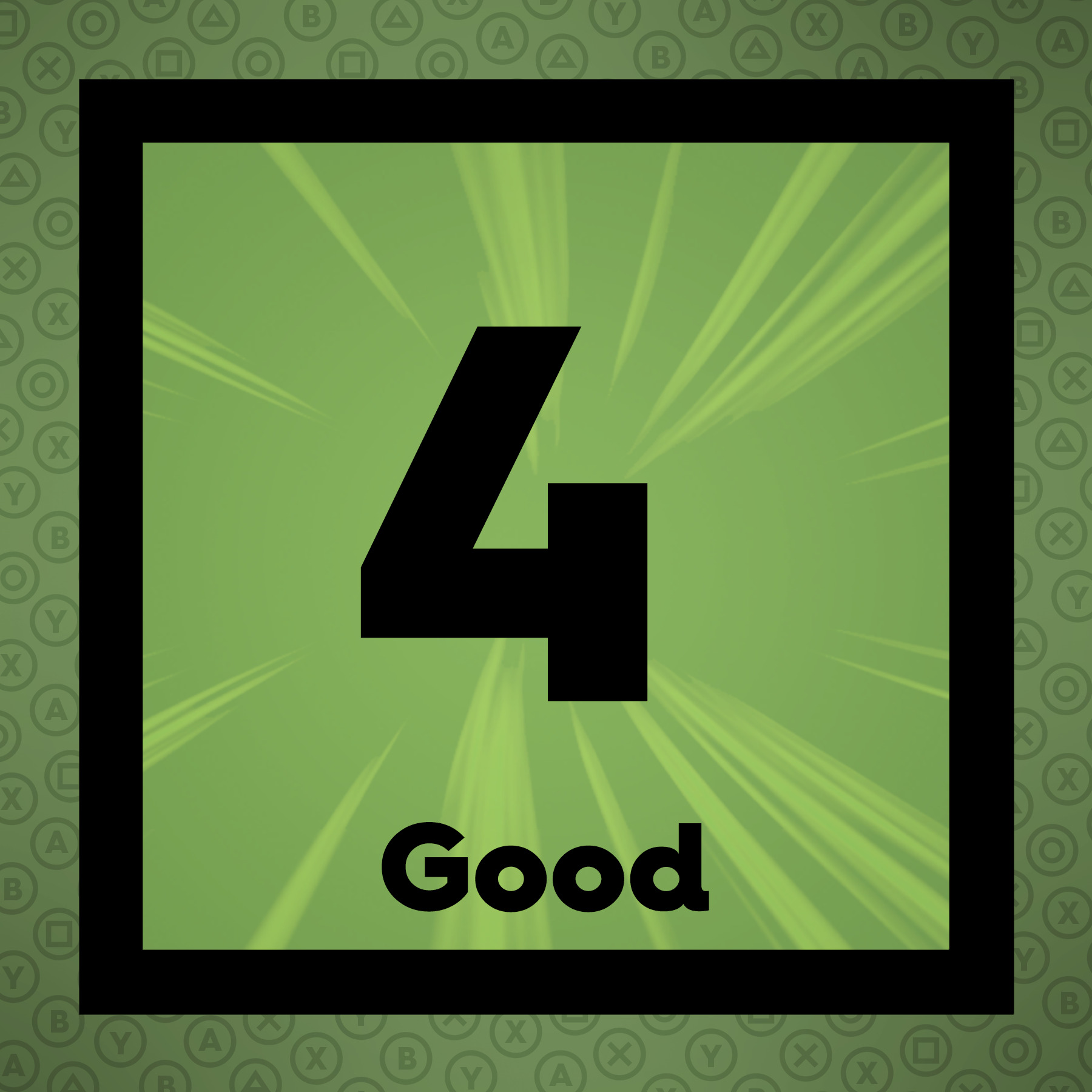 The Final Word
The Final Word
Furi is a party, plain and simple: a madcap adrenaline rush with sounds and visuals like the best rave party of your life. Though a tad on the short side, its replay value doubles your play time at the very least. An overall solid package that only fishtails in the last few minutes, and remains a great purchase for the price. If you’re a fan of stylized action games, you’ll regret missing out.
– MonsterVine Rating: 4 out of 5 – Good

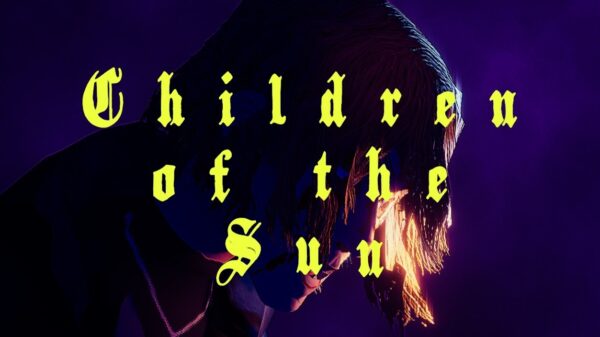
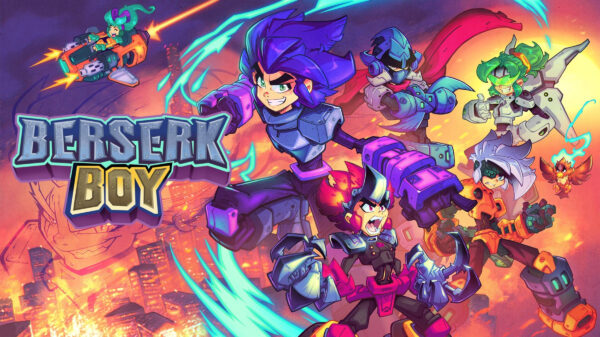
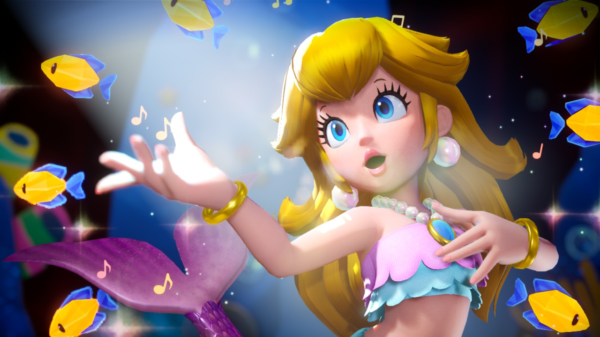

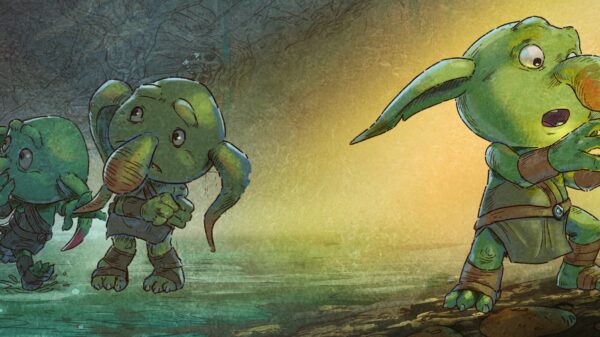








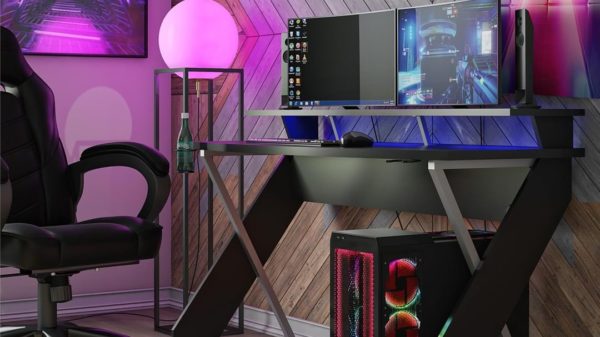












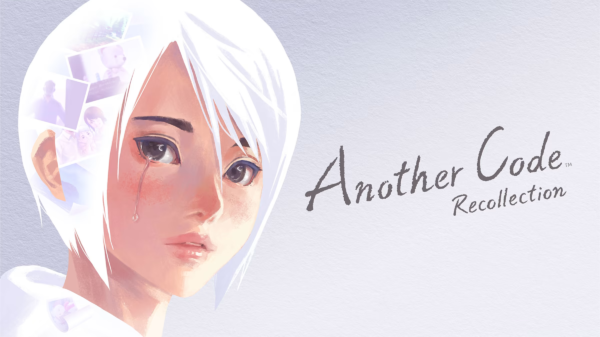
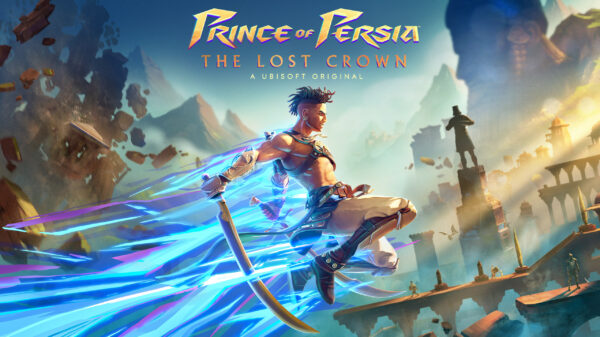
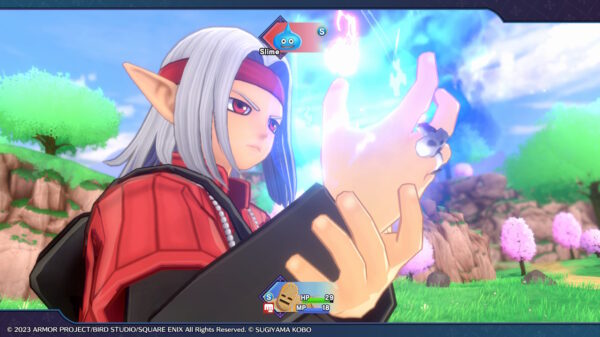
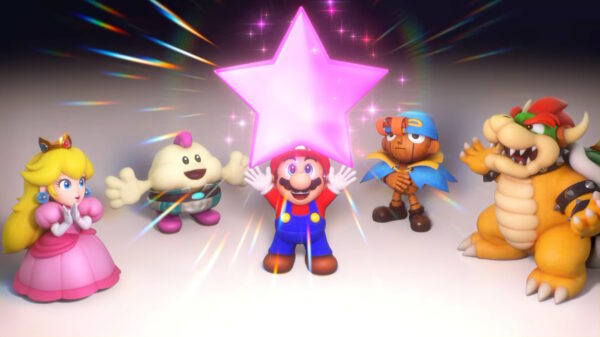
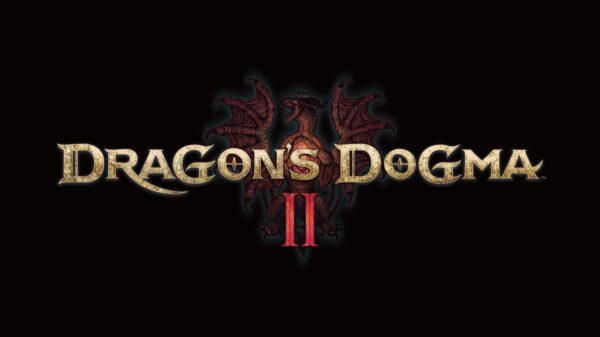
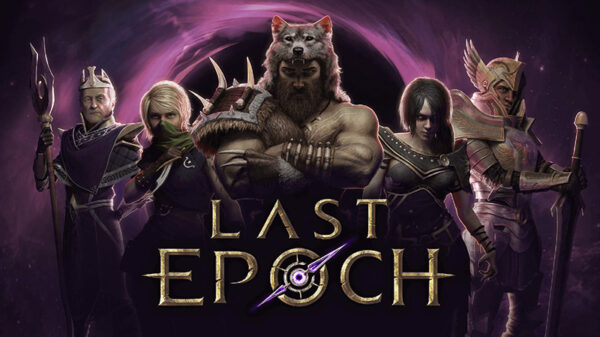



















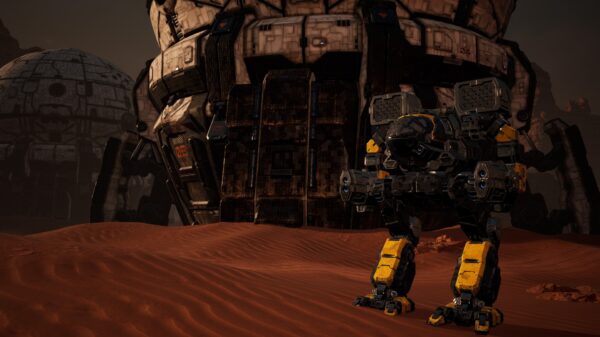
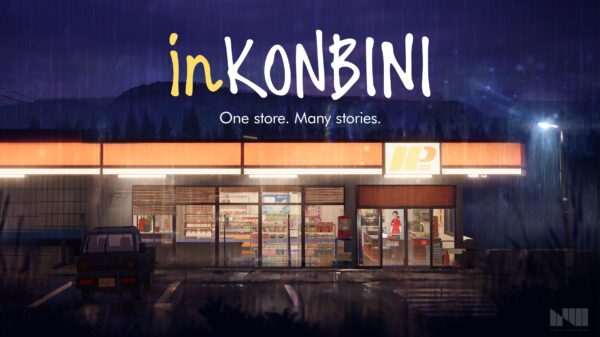
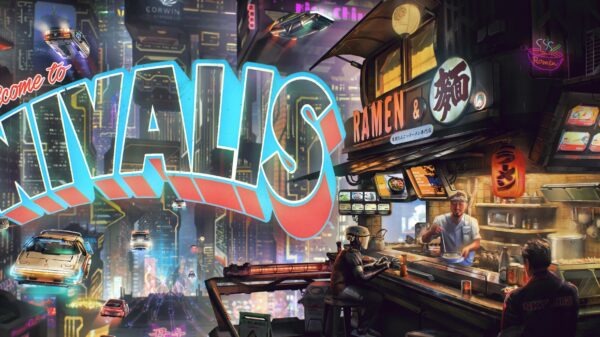
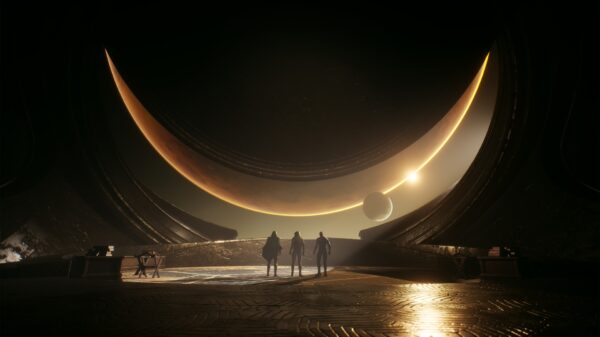
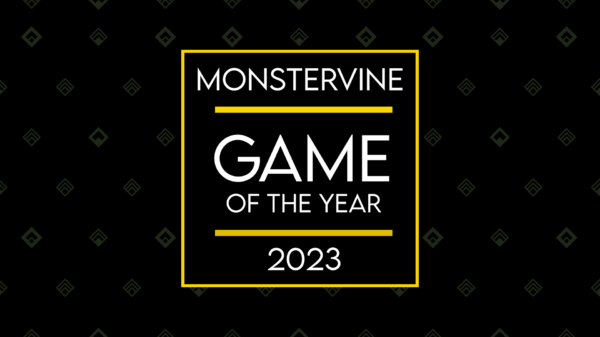

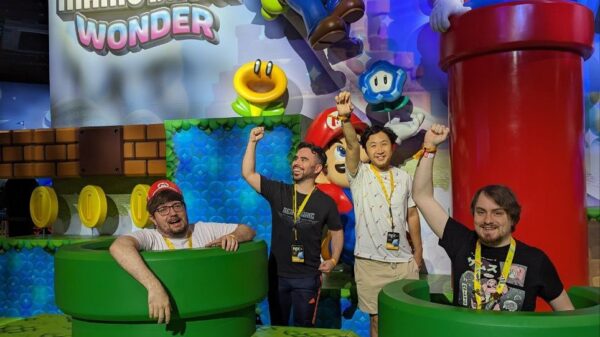
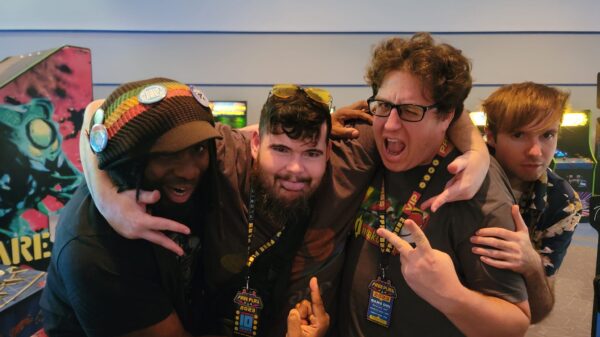
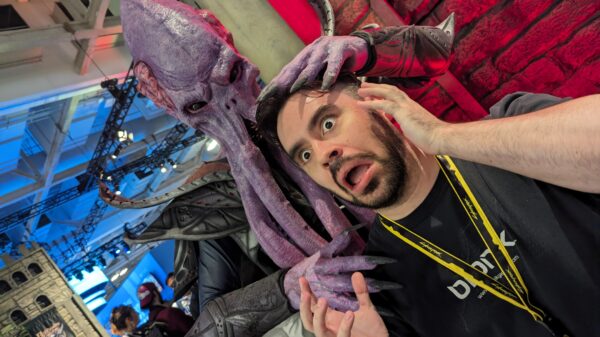
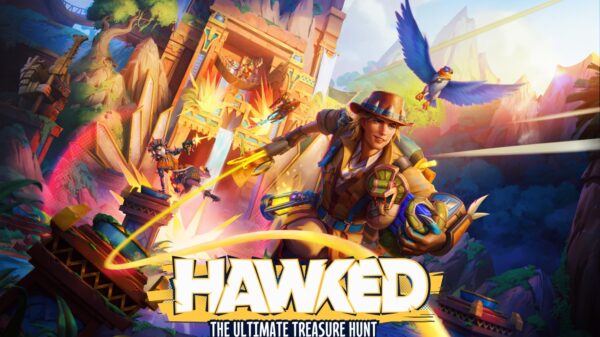
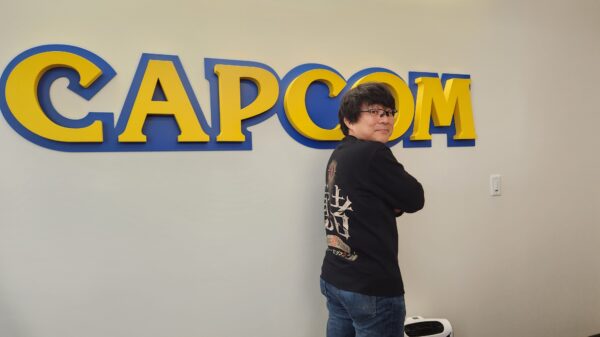

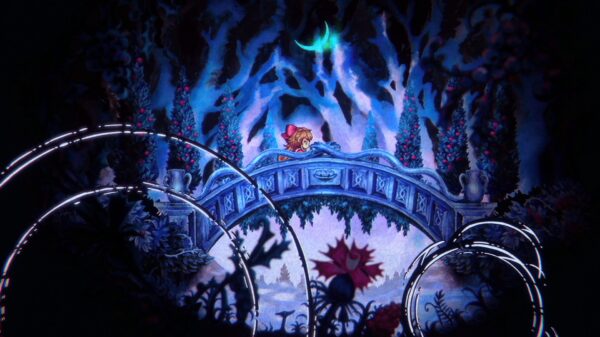
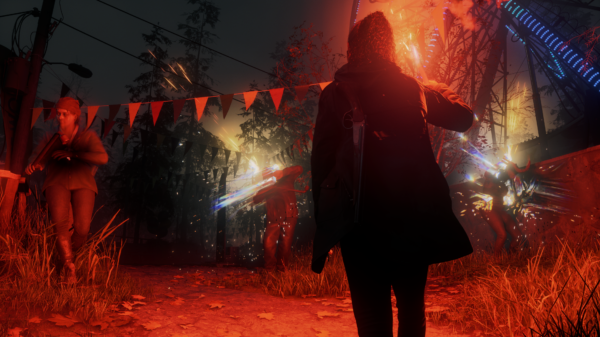
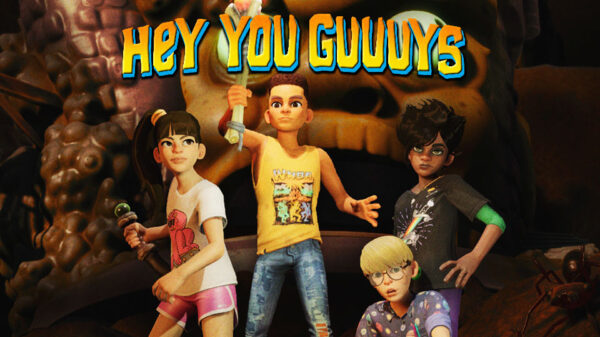
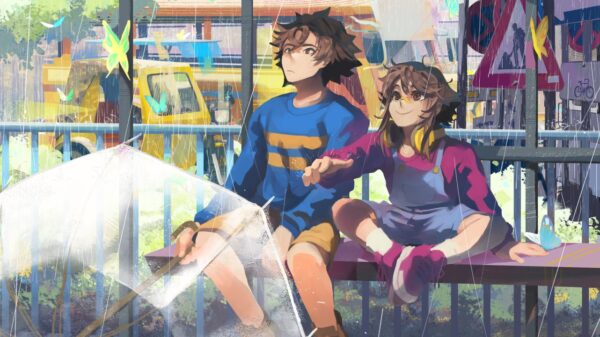
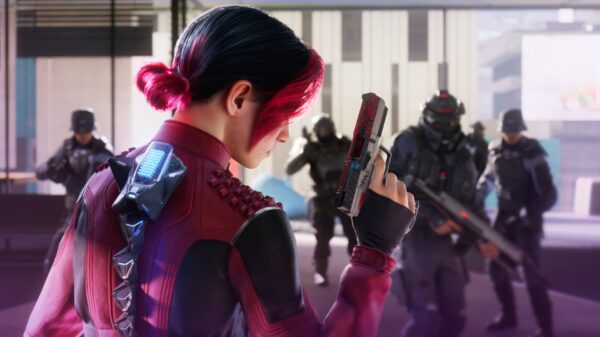
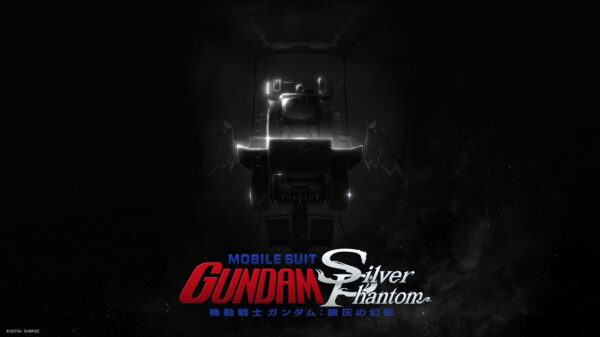
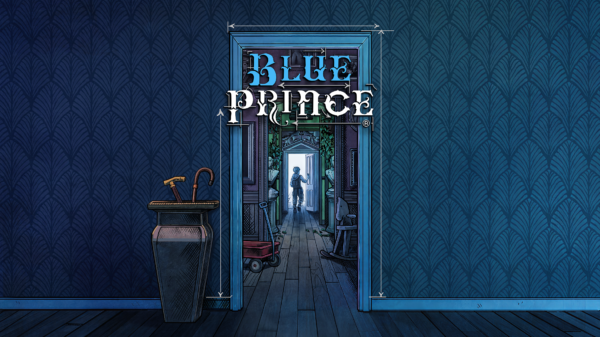























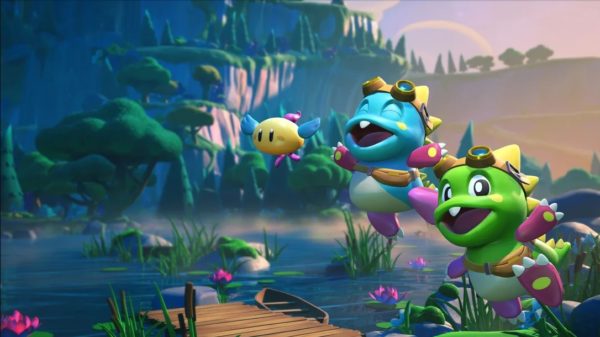
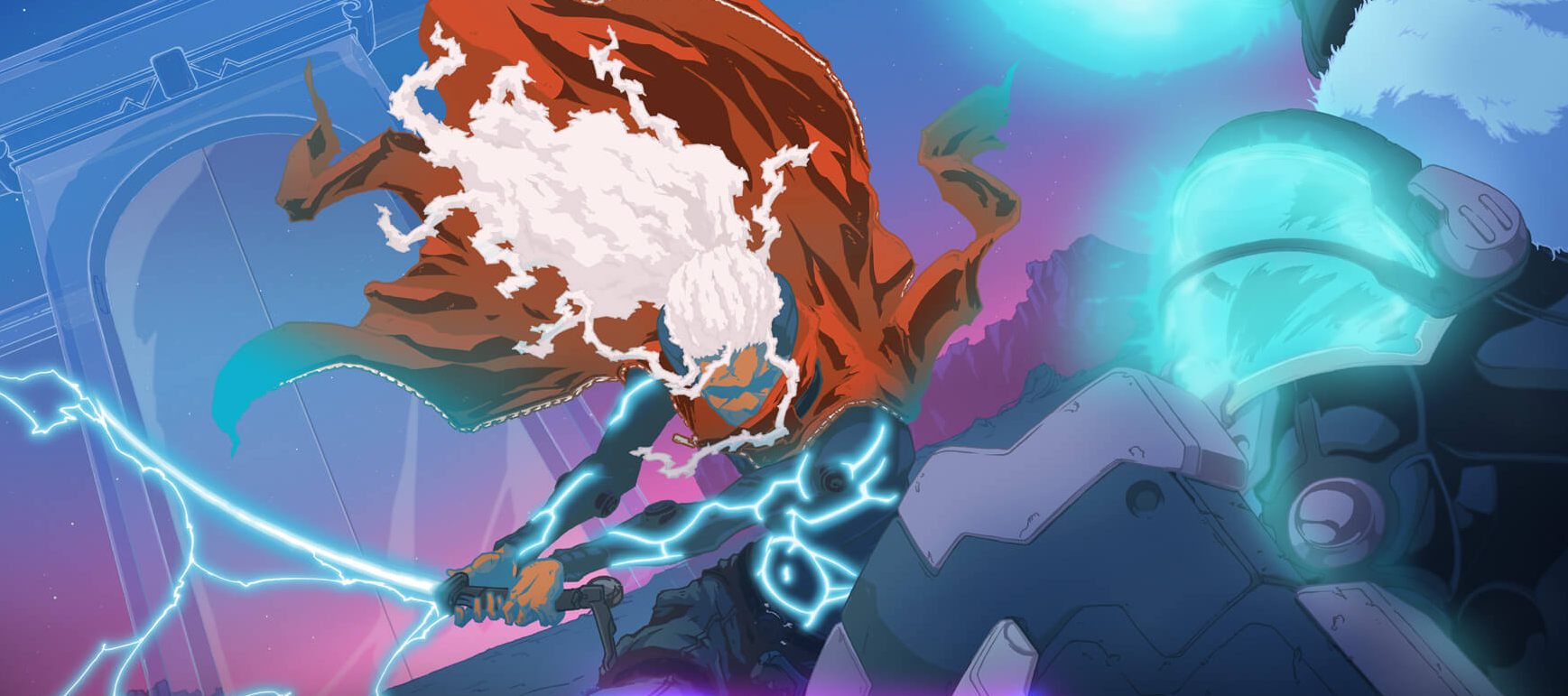
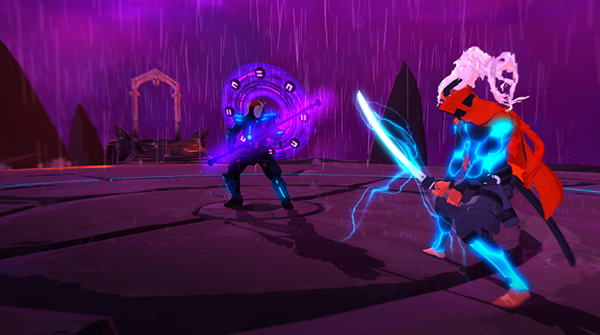
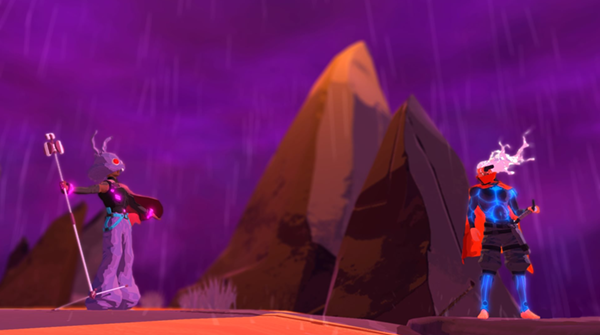
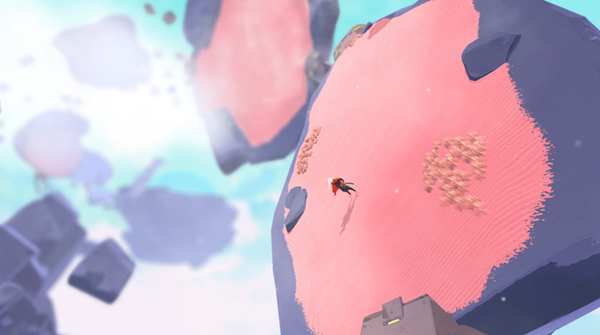
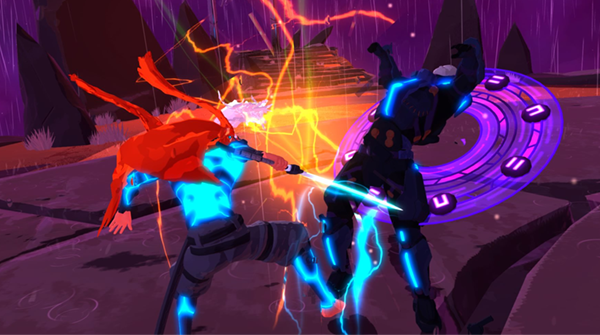
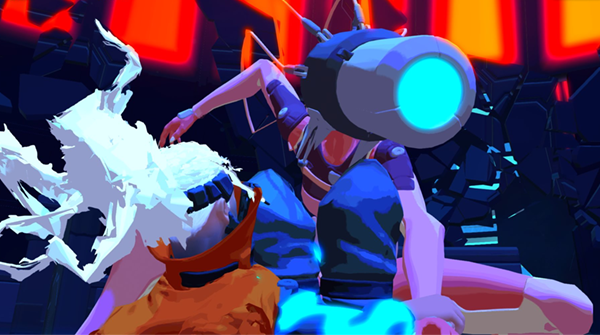
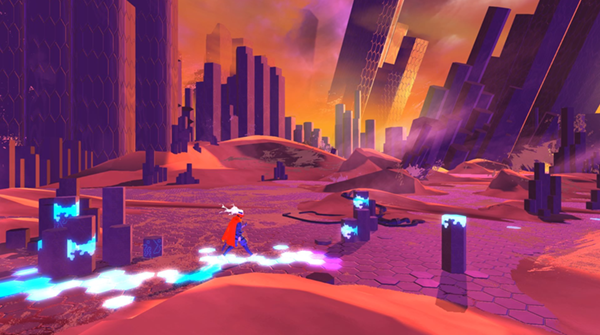

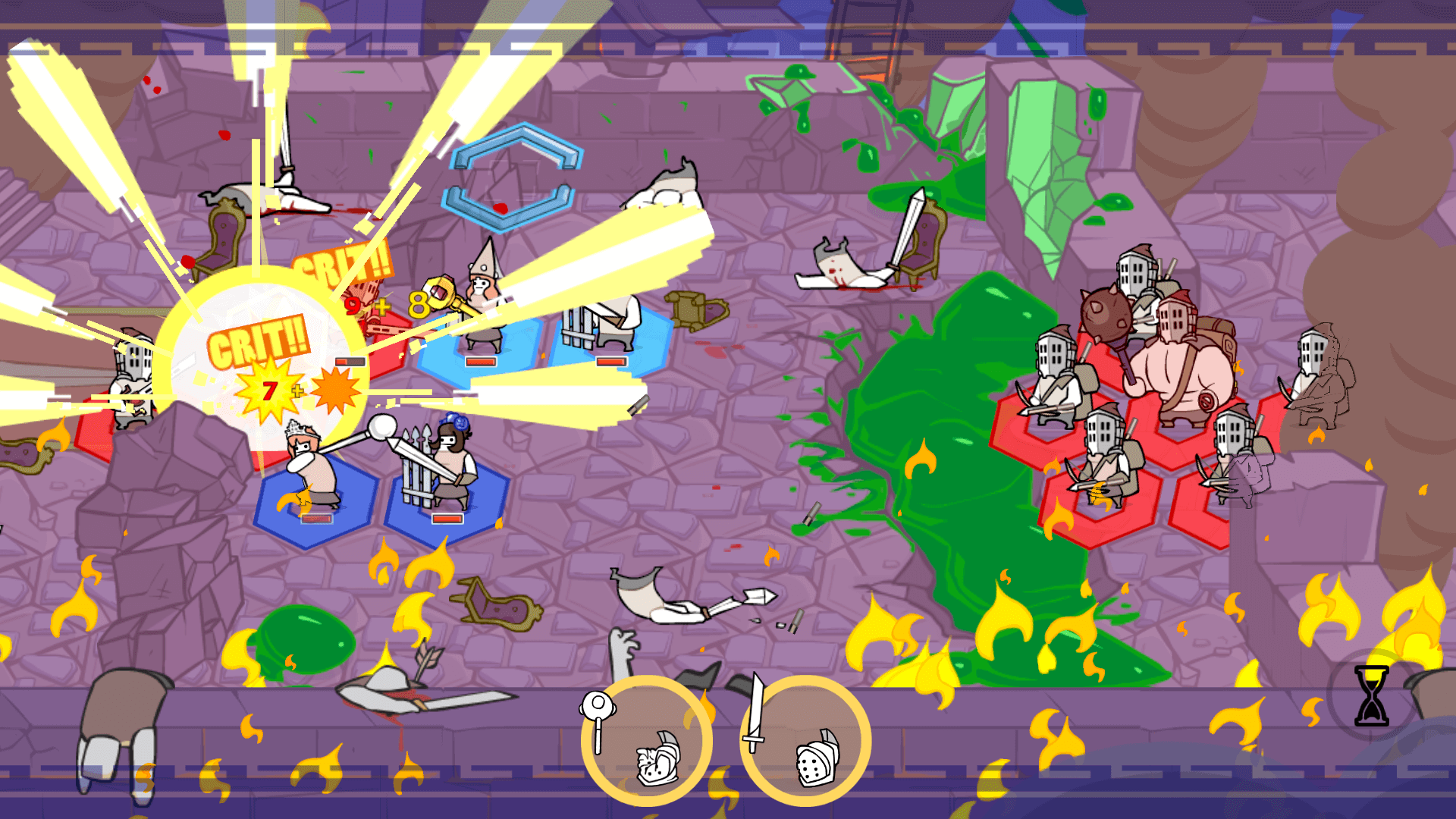
debbie
July 13, 2016 at 7:52 pm
This review was excellent. It gave me valuable insight into what to expect from the entire game.
Tyler
July 13, 2016 at 11:29 pm
Great review! Does a good job explaining the game, and it’s clear that the reviewer understood well what the game expected of them. On the twist at the end, however, I wouldn’t put that as a low point, as the choice involved is pivotal and reflects how you feel the main character has internally developed throughout the game. But, I suppose to each their own.